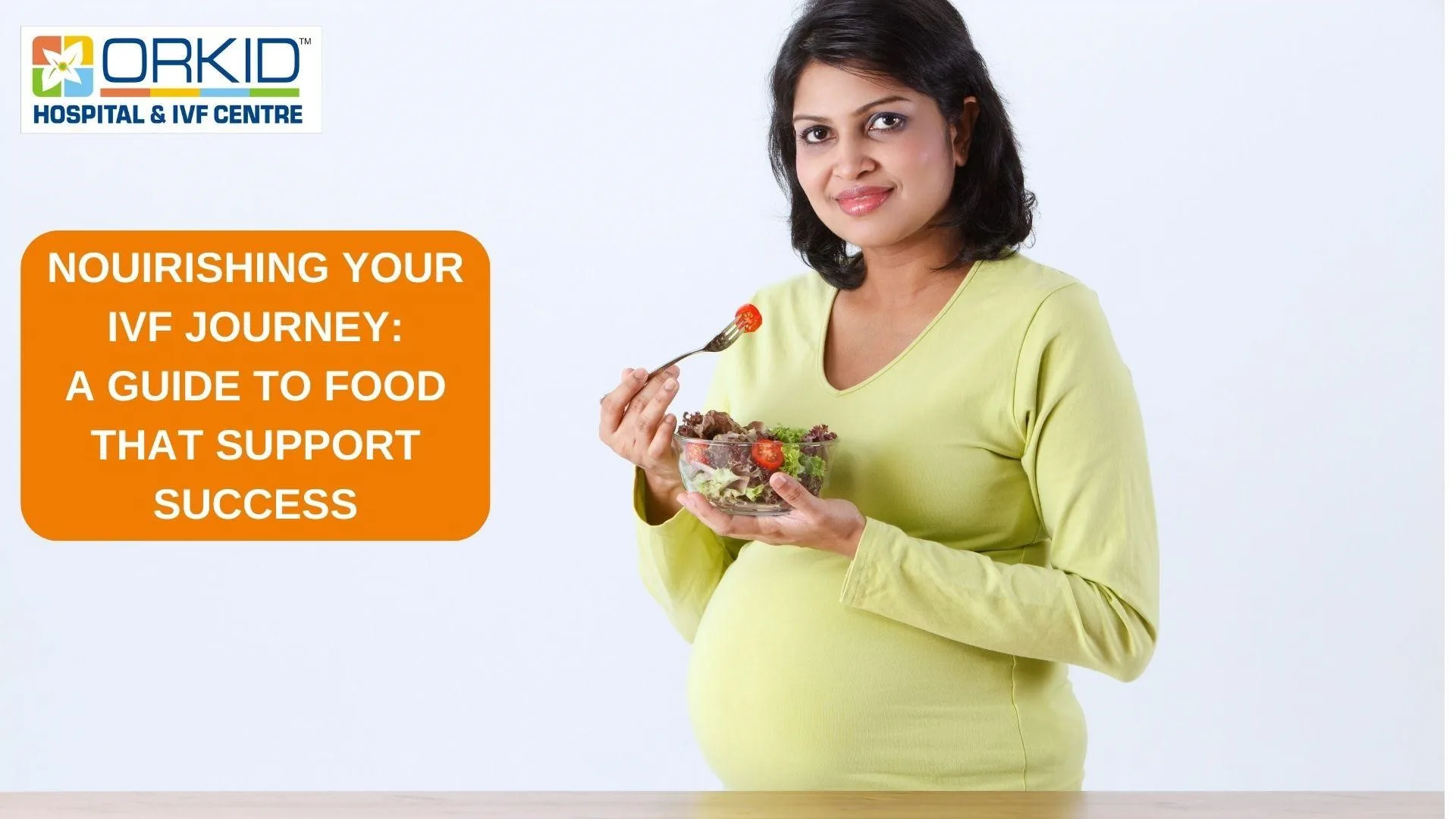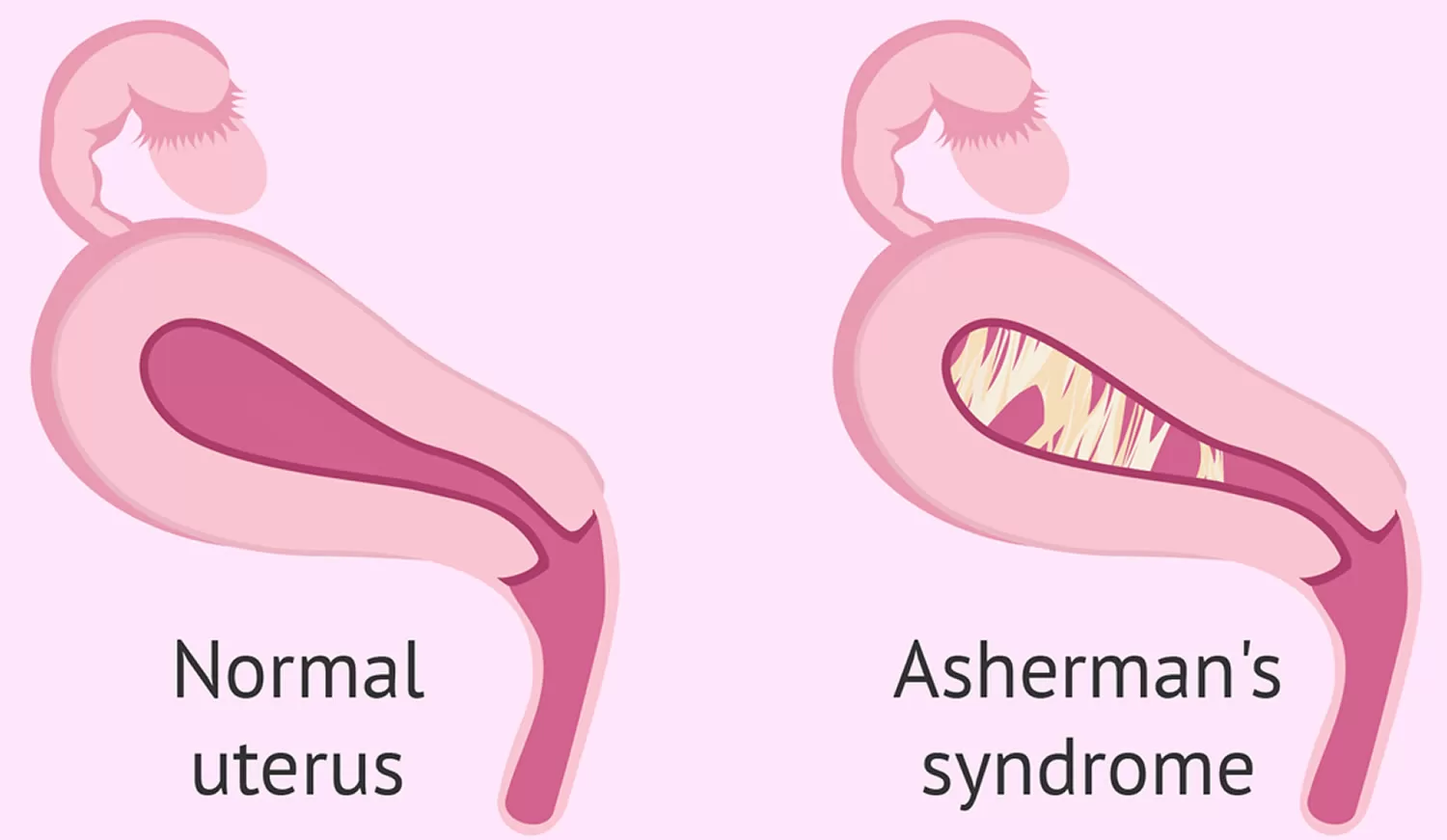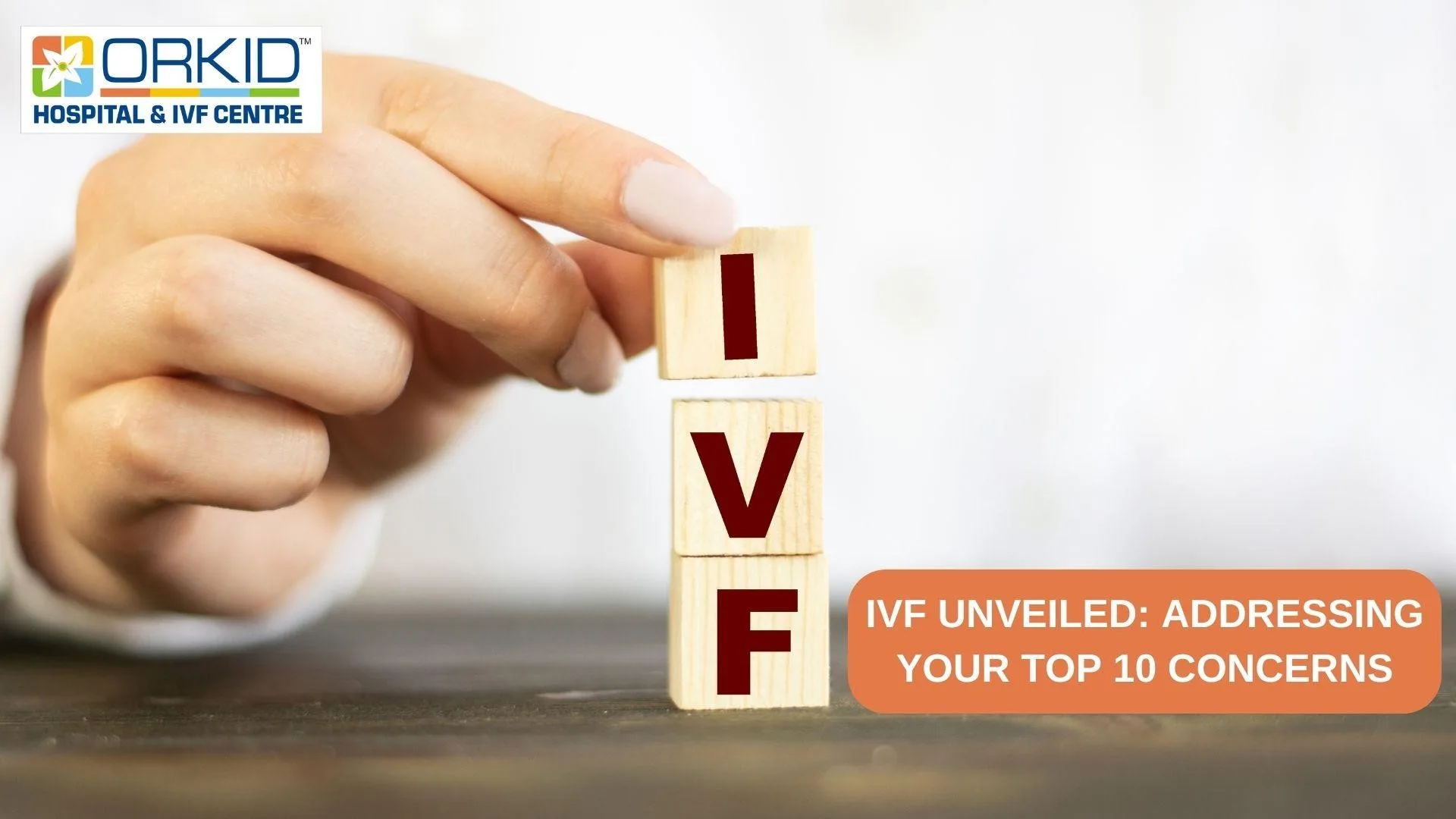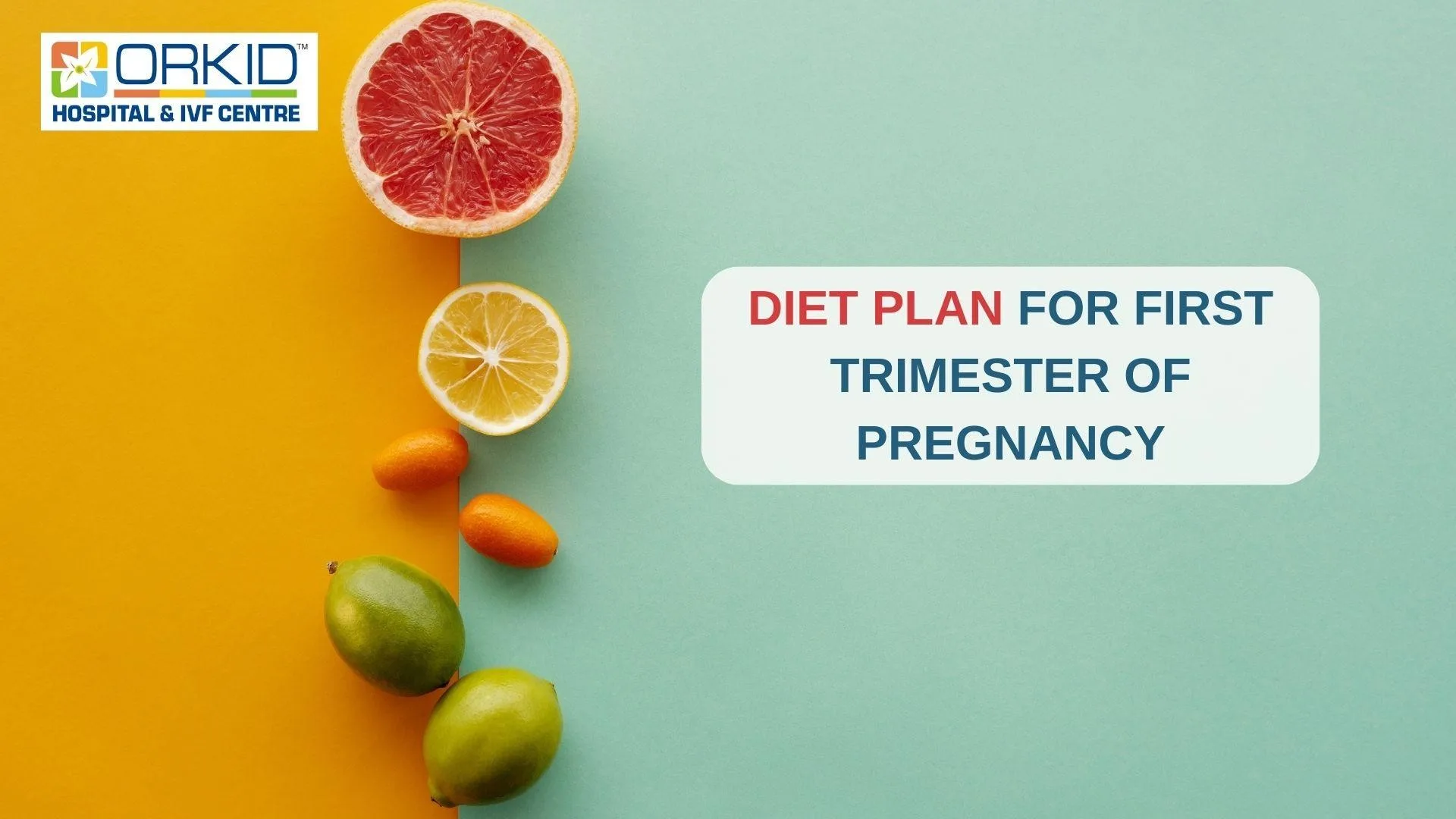Nourishing Your IVF Journey: A Guide to Foods That Support Success
Embarking on the path of In Vitro Fertilization (IVF) is a significant decision for couples navigating infertility. While medical interventions play a crucial role, the impact of lifestyle, including diet, cannot be underestimated. What you eat can influence fertility, and adopting a fertility-friendly diet can enhance the effectiveness of IVF treatments. In this blog, our experts at Orkid hospital & IVF centre, one of the best IVF hospitals in Surat, will guide you about the foods that can support your IVF journey and those that might hinder its success.
1. Fruits and Vegetables: The foundation of a fertility-friendly diet lies in a colourful array of fruits and vegetables. Packed with vitamins, minerals, and antioxidants, these foods support overall health and reproductive function. Aim for a variety of colours to ensure a diverse range of nutrients that contribute to a well-balanced diet.
2. Whole Grains: Opt for whole grains like quinoa, brown rice, and oats, which are rich in fibre and essential nutrients. These grains help regulate blood sugar levels and provide a sustained release of energy, promoting overall health and hormonal balance.
3. Healthy Fats: Dr Kaajal Mangukiya, our expert at Orkid hospital & IVF centre, one of the best IVF centres in Surat, advises to incorporate sources of healthy fats, such as avocados, nuts, seeds, and olive oil, into your diet. These fats are essential for hormone production and play a crucial role in supporting reproductive health. Omega-3 fatty acids, found in fatty fish like salmon and flaxseeds, are particularly beneficial.
4. Lean Proteins: Choose lean protein sources like poultry, fish, tofu, and legumes to meet your protein needs. Protein is a building block for tissues and hormones, making it a crucial component of a fertility-focused diet.
5. Dairy or Dairy Alternatives: Calcium-rich foods, including dairy or fortified dairy alternatives, contribute to bone health and support overall well-being. Opt for low-fat or non-fat options to minimize saturated fat intake.
6. Iron-Rich Foods: Iron is essential for the production of healthy red blood cells and oxygen transport. Including iron-rich foods like spinach, lentils, lean meats, and fortified cereals to support blood health is recommended by the doctors at Orkid Hospital, one of the best infertility centres in Surat.
7. Water: Staying adequately hydrated is fundamental for overall health, and it becomes even more critical during fertility treatments. Water helps maintain optimal bodily functions and supports the health of reproductive tissues.
Foods to Limit or Avoid
1. Caffeine: While moderate caffeine intake is generally considered safe, excessive caffeine consumption has been associated with reduced fertility. Our fertility experts at Orkid Hospital, one of the best IVF hospitals in Surat, recommend limiting your intake of coffee, tea, and caffeinated beverages to support your reproductive journey.
2. Processed Foods: Highly processed foods often contain additives, preservatives, and unhealthy fats that may negatively impact fertility. Opt for whole, unprocessed foods to provide your body with the nutrients it needs.
3. Sugary Treats: High sugar intake can contribute to insulin resistance and inflammation, potentially affecting hormonal balance. Limit your consumption of sugary snacks and desserts, opting for natural sweeteners like honey or maple syrup when needed.
4. Trans Fats: Trans fats, commonly found in fried and processed foods, have been linked to inflammation and an increased risk of infertility. Read food labels carefully and choose foods with healthier fat sources.
5. Alcohol: While moderate alcohol consumption may not significantly impact fertility, excessive alcohol intake can disrupt hormonal balance and reduce the chances of successful IVF. It’s advisable to limit alcohol or abstain altogether during fertility treatments.
6. Excessive Soy Products: While soy products can be part of a healthy diet, consuming them in excess may have estrogen-like effects, potentially impacting hormonal balance. Aim for moderation in incorporating soy-based foods.
Conclusion
Adopting a fertility-friendly diet is a proactive and empowering step for individuals undergoing IVF treatments. Nourishing your body with nutrient-dense foods supports overall health and enhances the effectiveness of fertility treatments. While there’s no one-size-fits-all approach, incorporating a variety of fruits, vegetables, whole grains, and lean proteins can create a solid foundation for reproductive wellness.
Equally important is minimizing the intake of foods that may hinder fertility. Limiting caffeine, avoiding processed and sugary foods, and being mindful of alcohol consumption contribute to a holistic approach to fertility support.
Remember, every individual’s body responds differently, and consulting the doctors at one of the best test tube baby centres in Surat who can provide personalized guidance based on your unique needs and medical history is beneficial. By making informed dietary choices, you can contribute to a nourishing environment for your fertility journey, increasing the likelihood of a positive outcome in your IVF treatment.











